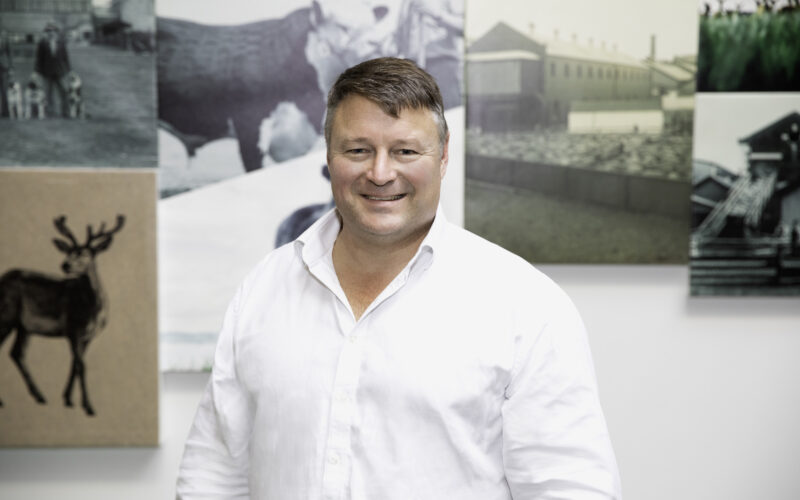New Zealand agriculture has a good story to tell on reducing carbon emissions (waro tukuwaro) and consumers are resonating with the story, Silver Fern Farms chair Rob Hewett says.
“We have one of the best chances as a food-producing nation to become net-zero,” he said.
“And if we don’t get this right, farms like mine are going to be planted in trees.”
Chapter Zero NZ, a division of the Institute of Directors, hosted a webinar associated with COP27 and the first-ever inclusion of a day on focused on farming, food and agriculture’s role in the climate crisis.
Unprecedented attention was focused on how to achieve a just transition that supports farmers (kaimahi pāmu) as they reduce their emissions and transition to more sustainable practices.
Hewett and Fonterra independent director Scott St John presented to the webinar – appropriate considering half of New Zealand’s emissions come from the agriculture sector.
“As farmers are facing extraordinary compliance issues, their farmer-directors are also facing one of the biggest challenges in governance in their lifetimes, incorporating climate sustainability in all their companies do,” Hewett said.
The NZ stories included the low-profile nature of the country’s grass-fed livestock (kararehe pāmu), its high proportion of renewable electricity generation and relatively low reliance on coal for energy.
“Supply chains in other countries would find it relatively easy to cut coal use compared with our challenges to reduce biogenic methane, for example,” he said.
Although it won’t be easy, NZ farms also have the chance to be carbon-negative with sequestration, aspiring to go beyond net-zero.
Considering the uptake of SFF farmers in emissions reduction, Hewett said there is a bell curve of adoption, with both early and late.
“We have just concluded a series of supplier roadshows and there is a lot of interest in our consumer-led programmes.
“Net-zero beef and lamb are in that portfolio and while they are still small in tonnages, they are getting a lot of airplay.
“All of this reflects back to farmers what consumers are asking for offshore and if we can deliver, we remain relevant and able to extract value out of them.
“And if we don’t do that, how to we position ourselves to remain competitive?”
SFF is reducing its own emissions footprint by reducing travel, cutting out plastic (parahitiki) , making inbound livestock transport more efficient and phasing out 70% of coal use by 2027.
But Hewett pointed out that more than 90% of the carbon footprint of meat is located on farm.
“There is a lot to be addressed inside the farm gate – we will not be reducing head count as solutions will come along.”
Hewett said that 8000ha of farms around him in South Otago are going into trees as landowners see carbon farming as a succession tool.
“This is an existential threat to sheep and beef farming, to Silver Fern Farms and to our rural communities.
“If we do nothing, we will not survive.”
St John said Fonterra will meet its target of 30% emissions reduction in manufacturing operations in 2030.
Every Fonterra supply farm will have a farm environment plan and that target is already 70% along the way.
As one of the lowest carbon suppliers in dairy nutrition, NZ must be recognised as a global leader and grow partnerships and innovation.
He said Fonterra’s research and development effort will come up with practical and affordable mitigation tools for farmers.
Fonterra is contemplating a target for scope 3 emissions across the whole milk and dairy products supply chain, including farms.
“We are at the right end of the spectrum of carbon emissions in farming around the world, but we can’t just lean back on that.
“Our customers want both absolute and relative improvement in our standing.
“It is important to acknowledge our good position, but we can’t stand still.”
St John is the current chair of Fisher and Paykel Healthcare, a director of ANZ Bank New Zealand and Mercury Energy. Hewett is also chair of Farmlands Co-operative.










